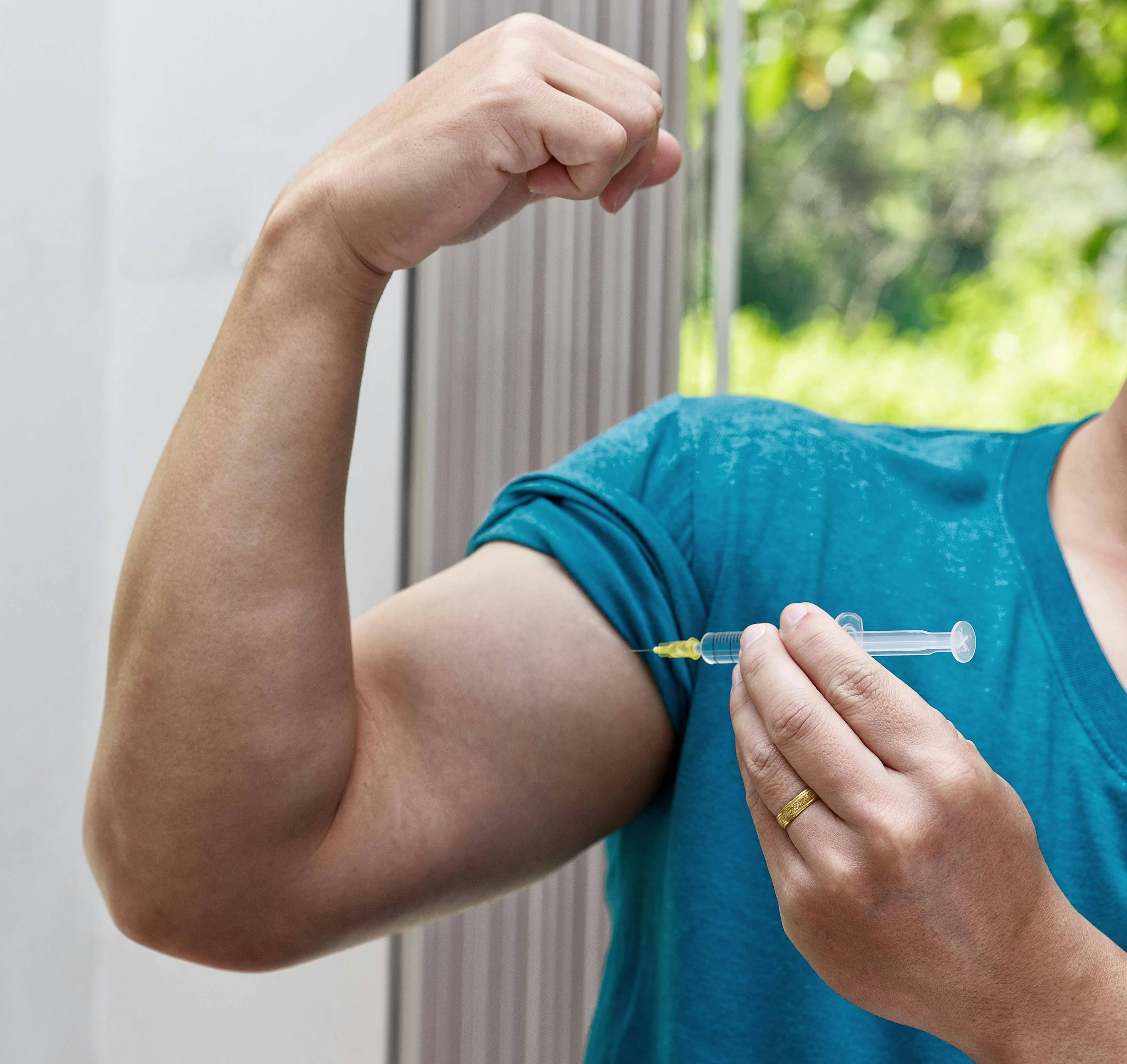Key Takeaways
Menopause is natural, but symptoms like hot flashes and mood changes can affect daily life.
Hormone Replacement Therapy (HRT) restores estrogen and progesterone to ease symptoms effectively.
Treatment options vary—pills, patches, gels, or creams can be tailored to individual needs.
Alternatives exist, but medical guidance is vital for safety and effectiveness.
Consult a menopause specialist for a personalized, balanced treatment plan.
Menopause is a natural transition, yet symptoms like hot flashes, night sweats, mood shifts, and sleep problems can disrupt daily life. Hormone replacement therapy (HRT) is one of the most effective ways to manage these changes by restoring estrogen—and, when needed, progesterone.
For many women, these symptoms interfere with work, relationships, and quality of life. One of the most effective options for managing these changes is hormone replacement therapy (HRT) for menopause. HRT works by restoring estrogen and sometimes progesterone, the hormones that decline during menopause.
What Is Hormone Replacement Therapy for Menopause?
HRT supplements estrogen, with or without progesterone, to relieve menopause symptoms. Estrogen supports body temperature regulation, bone health, and mood; progesterone protects the uterus if you still have one. Unlike over-the-counter supplements, prescription HRT is precisely dosed and medically supervised.
Types of Hormone Replacement Therapy
- Estrogen-only therapy: For women after hysterectomy.
- Combined estrogen–progesterone therapy: For women with a uterus.
HRT delivery options
- Prescription Pills – convenient; may increase clotting risk for some.
- Patches or gels – absorbed through the skin; may suit women avoiding first-pass liver metabolism.
- Vaginal rings, creams, or gels – targeted relief for vaginal dryness and urinary symptoms.
Bioidentical Hormone Therapy
“Bioidentical” hormones are chemically identical to those your body makes. Some are FDA-approved and prescribed like standard HRT; others are compounded.
- Pros: individualized dosing, familiar molecular structure.
- Cons: compounded products may lack consistent FDA oversight and robust safety data.
Discuss options with your PCP or OB/GYN before starting.
Hormone Supplements for Menopause
Some women try soy isoflavones, black cohosh, or flaxseed for hot flashes. These plant compounds act like very mild estrogens; benefits are modest and variable. If you try them, test one at a time for 4–8 weeks, choose USP/NSF-verified brands, and stop if side effects occur.
Note rare liver issues with black cohosh and potential interactions of soy/flax with thyroid medicines, anticoagulants, and tamoxifen. Seek guidance if pregnant/breastfeeding, have liver disease, or have a history of hormone-sensitive cancer.
Do Hormones Help With Menopausal Weight Gain?
Falling estrogen can slow metabolism and shift fat to the abdomen. HRT may improve body composition for some women, but outcomes are best when paired with balanced nutrition, weight loss (obesity), regular activity, and good sleep.
Risks and Considerations of HRT
HRT isn’t right for everyone. Women with a history of breast cancer, blood clots, liver disease, or uncontrolled hypertension may not be candidates. Possible side effects include breast tenderness, bloating, and mood changes.
Long-term risks depend on dose, duration, and delivery method, making personalized medical guidance essential.
Non-Hormonal and Alternative Treatments
If HRT isn’t appropriate, options include prescription non-hormonal therapies (SSRIs/SNRIs, gabapentin, clonidine—discuss fit, side effects, and interactions) and complementary approaches such as acupuncture (short-term relief for some), CBT, mindfulness, and paced breathing to ease symptom burden and improve sleep.
Hormone Testing for Menopause
Blood tests (e.g., FSH, estradiol) can help confirm perimenopause or menopause, but testing isn’t always required—age and symptoms often provide enough context for diagnosis.
Expert, Personalized Menopause Care in Houston
Menopause specialists in Houston can help you compare HRT and non-hormonal options and tailor a plan to your health history, goals, and comfort level.
Book a Consultation with a Menopause Specialist in Houston
Menopause symptoms can be disruptive, but relief is possible—and many patients feel better within weeks as sleep, mood, and hot flashes improve.
Book a consultation with a menopause specialist in Houston to explore options tailored to you.





